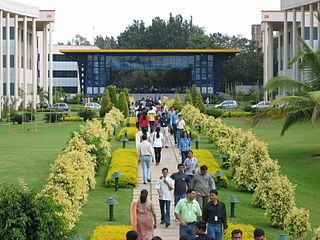 W
WWilliam Jack Baumol was an American economist. He was a professor of economics at New York University, Academic Director of the Berkley Center for Entrepreneurship and Innovation, and Professor Emeritus at Princeton University. He was a prolific author of more than eighty books and several hundred journal articles.
 W
WConceptual economy is a term describing the contribution of creativity, innovation, and design skills to economic competitiveness, especially in the global context.
 W
WCultural diversity is the quality of diverse or different cultures, as opposed to monoculture, the global monoculture, or a homogenization of cultures, akin to cultural decay. The phrase cultural diversity can also refer to having different cultures respect each other's differences. The phrase "cultural diversity" is also sometimes used to mean the variety of human societies or cultures in a specific region, or in the world as a whole.
 W
WBruno S. Frey is a Swiss economist and visiting professor for Political Economy at the University of Basel. Frey's research topics include Political economy and Happiness economics, with his published work including concepts derived from Psychology, Sociology, Jurisprudence, History, Arts, and Theology.
 W
WThe music industry consists of the companies and independent artists that earn money by creating new songs and pieces and arranging live concerts and shows, audio and video recordings, compositions and sheet music, and the organizations and associations that aid and represent music creators. Among the many individuals and organizations that operate in the industry are: the songwriters and composers who create new songs and musical pieces; the singers, musicians, conductors and bandleaders who perform the music; the companies and professionals who create and sell recorded music and/or sheet music ; and those that help organize and present live music performances.
 W
WSocial metabolism or socioeconomic metabolism is the set of flows of materials and energy that occur between nature and society, between different societies, and within societies. These human-controlled material and energy flows are a basic feature of all societies but their magnitude and diversity largely depend on specific cultures, or sociometabolic regimes. Social or socioeconomic metabolism is also described as "the self-reproduction and evolution of the biophysical structures of human society. It comprises those biophysical transformation processes, distribution processes, and flows, which are controlled by humans for their purposes. The biophysical structures of society and socioeconomic metabolism together form the biophysical basis of society."
 W
WSocial network analysis (SNA) is the process of investigating social structures through the use of networks and graph theory. It characterizes networked structures in terms of nodes and the ties, edges, or links that connect them. Examples of social structures commonly visualized through social network analysis include social media networks, memes spread, information circulation, friendship and acquaintance networks, business networks, knowledge networks, difficult working relationships, social networks, collaboration graphs, kinship, disease transmission, and sexual relationships. These networks are often visualized through sociograms in which nodes are represented as points and ties are represented as lines. These visualizations provide a means of qualitatively assessing networks by varying the visual representation of their nodes and edges to reflect attributes of interest.